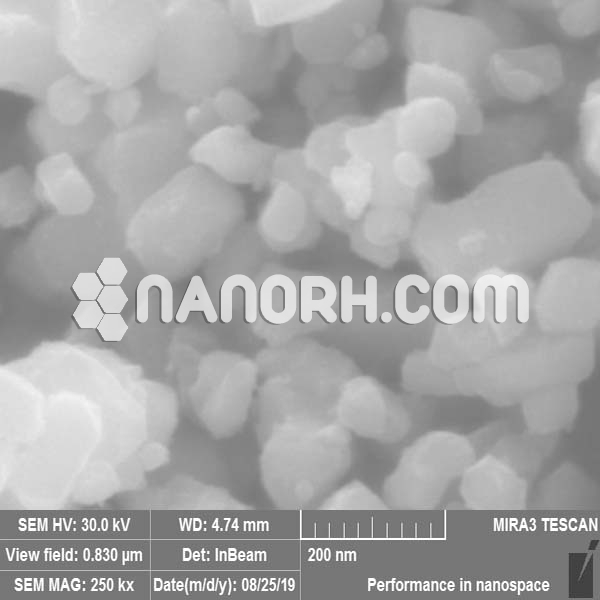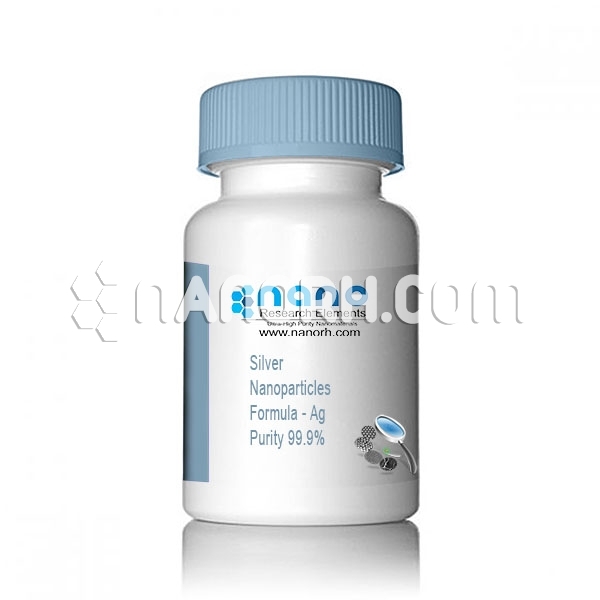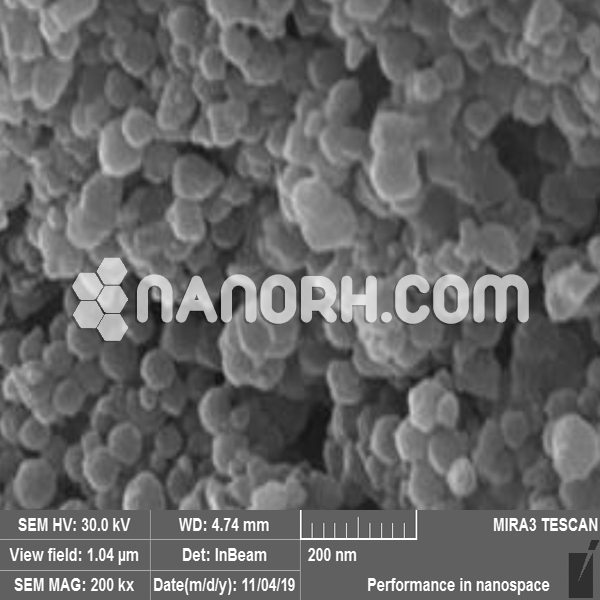| Sulphur Nanoparticles | |
| Product No | NRE-1041 |
| CAS No. | 7704-34-9 |
| Formula | S |
| APS | <100nm (Can be Customized) |
| Purity | 99.9% |
| Color | Light yellow |
| Molecular Weight | 32.07 g/mol |
| Density | 2.07 g/cm³ |
| Melting Point | 115 °C |
| Boiling Point | 445 °C |
Sulphur Nanoparticles
Sulphur Nanoparticles have gained significant attention in various fields due to their unique properties and potential applications. Here are some of the notable applications of sulfur nanoparticles:
Batteries and Energy Storage: Sulfur nanoparticles have been extensively studied as cathode materials in lithium-sulfur (Li-S) batteries. Their high theoretical energy density and low cost make them attractive for next-generation energy storage devices. However, addressing issues related to sulfur’s poor conductivity and cycling stability remains a challenge.
Catalysis: Sulfur nanopowder can serve as catalysts in various chemical reactions. They are used in heterogeneous catalysis for applications such as hydrogenation, desulfurization of fuels, and the synthesis of various chemicals and polymers.
Biomedical Applications: Sulfur nanopowder has potential applications in medicine. They can be used for drug delivery due to their ability to encapsulate and release drugs slowly. Additionally, sulfur nanoparticles have been explored for their imaging and diagnostic capabilities in the field of medical imaging.
Environmental Remediation: Sulfur nanopowder can be used in environmental remediation processes, particularly in the removal of heavy metals from water. Their high surface area and chemical reactivity make them effective adsorbents for pollutants.
Agriculture: Sulfur nanopowder is employed in agriculture as fertilizers and soil conditioners. They can improve soil quality, enhance nutrient uptake by plants, and mitigate soil-borne diseases.
Nanocomposite Materials: Sulfur nanopowder can be incorporated into various nanocomposite materials, such as polymers and ceramics, to enhance their properties. For example, they can improve the mechanical strength and thermal stability of polymers.
Photovoltaics: Sulfur nanopowder has been investigated for use in photovoltaic devices, including solar cells. They can be incorporated into materials to enhance their light-absorbing properties and improve the efficiency of solar energy conversion.
Flame Retardants: Sulfur nanopowder are used as flame retardants in various materials, including plastics and textiles. They can suppress the spread of flames and reduce the risk of fires.
Sensor Technology: Sulfur nanopowder can be employed in sensor technology for the detection of gases and chemical species. They have been used in gas sensors to detect gases like hydrogen sulfide.
Water Purification: Sulfur nanopowder can be used in water purification processes to remove contaminants, including heavy metals, organic pollutants, and bacteria.




